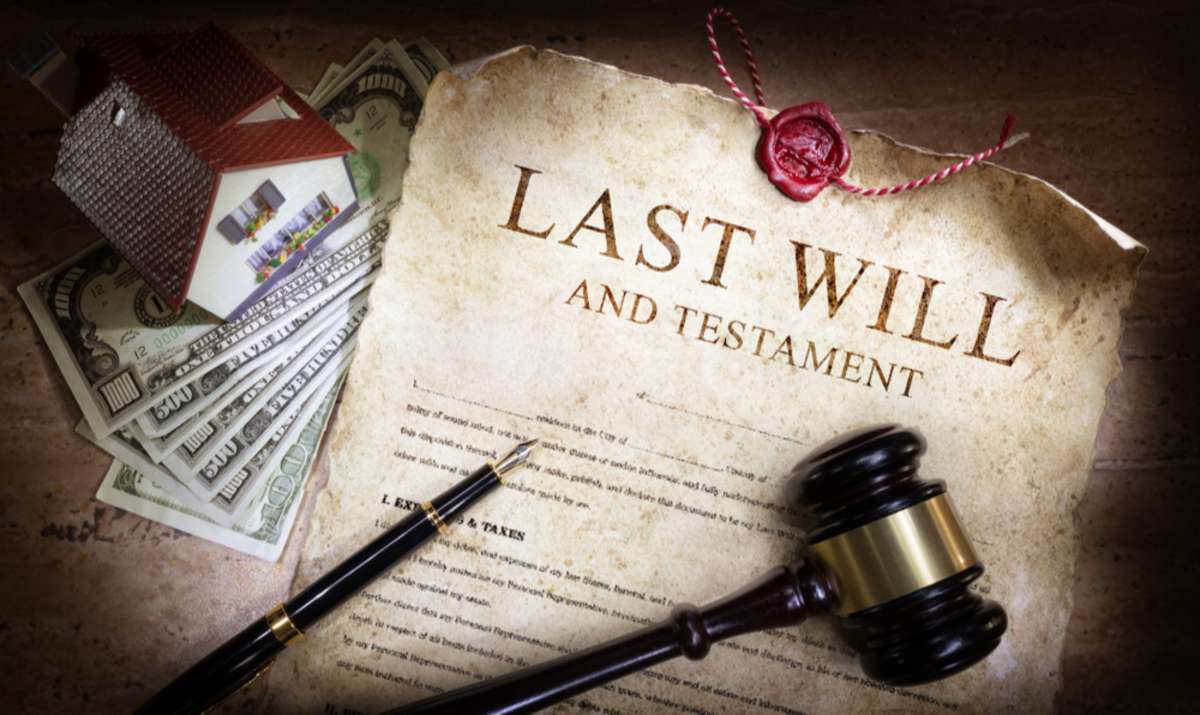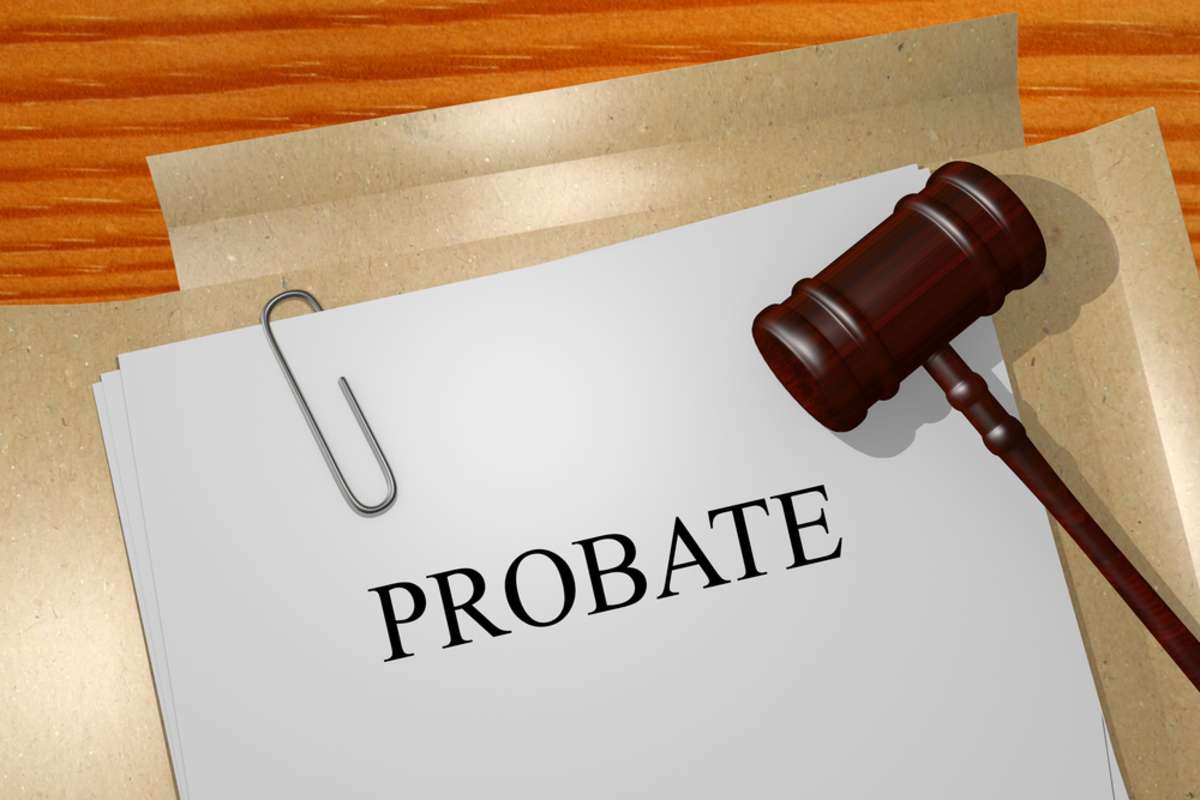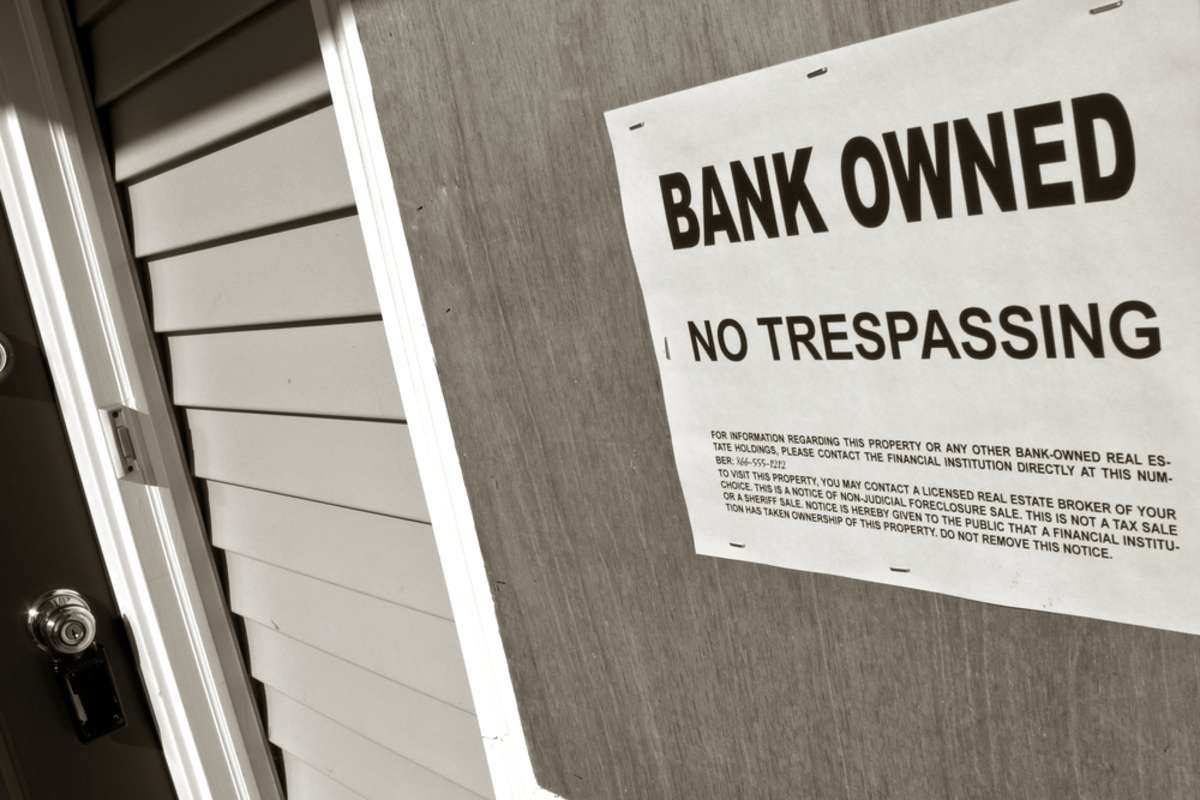The grief of losing a parent or a loved one is always overpowering. Besides the grief, it can be a hassle to handle inherited property, such as a home.
Depending on the situation, there can be complex legalities to deal with before you can "sell my house fast for cash, MN." What does it mean if you inherit a property in probate?
In this article, we'll talk about an executor, inheritance laws in Minnesota, and what happens when trying to sell a property in probate. In this situation, cash buyers can be an excellent option!
What Is an Executor?
An executor is an individual who manages the wishes and affairs of a deceased person. Usually, the person who creates their will chooses and lists an executor. If you are the only beneficiary of the estate, you can also become the executor.
However, if the property's owner didn't select an executor or there is no will, the court appoints an administrator for the estate. In this case, an executor or administrator has the following duties:
When inheriting a property, the executor plays a key role in disbursing the estate's assets. 
Estate Tax vs. Inheritance Tax in Minnesota
Minnesota has an estate tax. In this case, the estate tax is a tax on a decedent's properties or assets before distributing them to heirs. As of 2020, the tax rates lie between 13% to 16% in Minnesota. You'll need to file returns that apply to estate tax nine months after inheriting a property.
The good news is that you will get a grace period of six months to file taxes. That way, you can take the time to mourn your loved one and get the paperwork in order. Typically, you pay taxes to the state your parent resided in or the IRS.
Minnesota doesn't have an inheritance tax, usually paid by the person inheriting property or assets. For this reason, you don't have to worry about paying taxes on the property after you inherit a house.
What Happens When You Die With a Will in Minnesota?
Does it matter if your loved ones have a will? When it comes to property or assets, having a will can keep property out of the probate process.
With a will, final wishes are detailed and honored after a person's death. This crucial document ensures that the property is disbursed without any complications. However, to execute a valid will, there are specific requirements, including:
-
A signed will
-
A will in writing
-
A witnessed will
In Minnesota, a printed or typed will qualifies as a will in writing. That said, a video-recorded will isn't acceptable in this state. Also, the will must be signed by the individual or someone assigned to do so. For instance, if you are physically ill or weak, your attorney's secretary could sign the will in your presence.
Also, two other witnesses should be present when signing a will. Including an executor in a will helps manage estate affairs on behalf of the deceased individual. They will clear any outstanding debt and ensure a property is distributed according to the wishes outlined in the will.
Dying Without a Will: What Happens?
Unfortunately, not everyone has a will before death. This typically leads to the probate process for assets in the estate.
The court takes up the inheritance process when there's no will upon death. The court can decide who inherits the property. In addition, the court appoints a personal representative or an administrator. This individual secures and manages the deceased person's estate.
In this situation, descendants who are children, grandchildren, and great-grandchildren can inherit the property. In other cases, the spouse can become heir to the assets, as determined by the court.
What is the Probate Process in Minnesota?
In simple terms, probate refers to the court's process of determining whether a will is valid. In this case, the probate process can start when your executor or administrator files a petition or application with the probate court.
If there's a will, the court grants an executor a letter of testamentary. Ideally, this document allows an executor, who can be you or a family member, to get the decedent's financial affairs in order. In this case, an executor will settle debts and file tax returns. If a home is part of the estate, this can be the time to look for a company to "buy my house Minneapolis" if you don't plan to use the home for yourself or as an investment property.
Without a will, the court appoints an administrator to organize the deceased person's finances. After that, in most cases, the court distributes the property as follows:
-
Spouse with no descendants. The spouse inherits the entire estate.
-
Descendants and no spouse. Descendants get the property.
-
Spouse with kids from another relationship. Priority goes to the spouse, with the balance of funds going to the kids.
After paying debts, selling the house, and distributing property, the court closes the estate upon your request.
 Homefield Homebuyers Can Help "Sell My House Fast for Cash, MN"
Homefield Homebuyers Can Help "Sell My House Fast for Cash, MN"
Homefield Homebuyers is a cash home buyer that can come to your rescue if you've inherited a house through probate in the Twin Cities area. If you're searching for something like, "we buy houses cash Minneapolis," let our team deliver a fast and fair offer on the home. Get a cash offer in 24 hours, or we'll pay you $100! Reach out to our team to learn more about how we can help.



 Homefield Homebuyers Can Help "Sell My House Fast for Cash, MN"
Homefield Homebuyers Can Help "Sell My House Fast for Cash, MN"


Comments